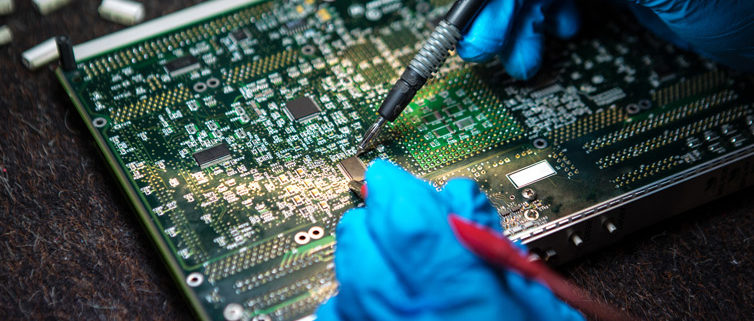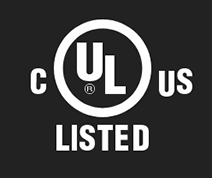Common Questions to Consider When Purchasing a Nitrogen Generator for Your Electronics Operation
If you’re purchasing a nitrogen gas generator for your electronics operation, you may have some initial questions. Below, we’re answering two of the most common inquiries we receive about nitrogen generators for the electronic industry.
Can Your Generators Provide High Enough Purity Levels (10 ppm) to Prevent Dross?
Eliminating dross is one of the main benefits of the wave soldering process. Doing so reduces maintenance needs and saves your company money. Plus, by completing soldering work in a nitrogen atmosphere, you can improve joint quality and manufacturing production. This also influences surface tension, solder spread, wetting force, and angle. A determining factor in dross production and cost-effectiveness is whether your operation uses liquid nitrogen or generated nitrogen processes.
The Types Of Nitrogen Generation Systems
There are two types of reliable nitrogen generation systems: Pressure Swing Adsorption (PSA) and nitrogen membrane generators and On Site Gas Systems offers both of these options. Generated nitrogen gas offers a lower initial investment than using liquid nitrogen, and your generator will pay for itself rather quickly. Generated N2 gas is an effective and more convenient solution than dependence on nitrogen deliveries from a supplier.
When you purchase a nitrogen gas generator, you must evaluate the purity level of the nitrogen it produces to determine whether it meets your needs. In electronics manufacturing, you want the solder to spread at 205 degrees Celsius, which requires a rest oxygen atmosphere of 10 parts per million (ppm). Therefore, it’s essential to have an N2 generator that can produce nitrogen with a purity level of 99.99 percent and above. At On Site Gas, we provide a variety systems that are capable of producing high-purity nitrogen gas.
Can Your Generators Provide Enough Flow for Both Reflow and Wave Applications?
In reflow soldering, a mixture of powdered solder and flux temporarily attaches electrical components to their contact pads on a printed circuit board (PCB). The assembly is then heated in a reflow oven or under an infrared lamp. The solder paste reflows in a molten state, which creates permanent solder joints.
In the wave soldering process, the circuit board passes over a pan of molten solder in which a pump produces a swell, or “wave.” The circuit board makes contact with this wave, and the components become soldered to the board. In both processes, nitrogen gas is used to maintain a clean, dry, and inert atmosphere, which is essential in creating strong and lasting solder bonds.
When you purchase a nitrogen gas generation system for your electronics operation, you must consider whether it will produce enough flow for the processes you employ. Various types of generators are available to address specific electronics production needs, ranging from small generators for selective soldering to large systems that feed reflow ovens and wave solder applications. Nitrogen generators can also be custom designed in any size to suit your specific requirements.
In Need of a High-Quality Nitrogen Generator? On Site Gas Can Help
Once you have evaluated your company’s production methods and needs, the next step is to select a nitrogen generation system that will accommodate any necessary applications. At On Site Gas, we offer a variety of nitrogen generators that can be customized to fit your business’ unique specifications.
For more information about our nitrogen generators, reflow and wave applications, or dross reduction, reach out to our team today!






